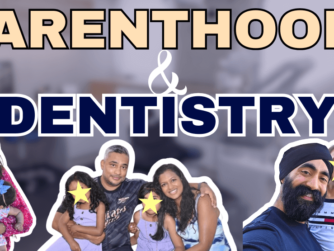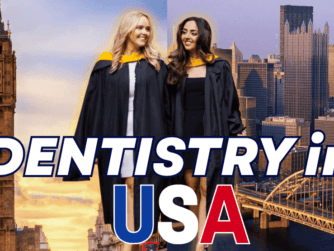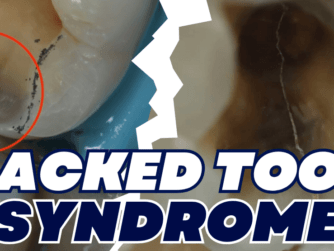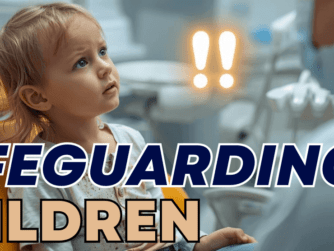Podcast: Play in new window | Download (Duration: 37:13 — 53.6MB)
Subscribe: RSS
Have you ever thought of moving to the United States to practice Dentistry? Where do you begin? Join us for this podcast with Dr Jaz Gulati as he navigates through the experiences and journey of Dr Kristina Gauchan who is a UK Dental graduate and is on track to work in the USA.
If you qualified with your primary Dental degree from anywhere outside of USA and Canada, you will need to follow the pathway Kristina shares in this episode.
Some helpful resources that Dr Kristina has kindly shared as part of the Podcast notes:
| Tips for International Dental Students | ASDA Membership in ASDA. We encourage you to join ASDA to gain access to resources and education on the dental school application and licensure process. www.asdanet.org |
| ADEA CAAPID Directory ADEA CAAPID Directory ADEA CAAPID 2019 Application Cycle March 1, 2018 – February 22, 2019. Many U.S. and Canadian dental schools that offer advanced standing programs for international dental graduates participate in ADEA CAAPID. www.adea.org |
| Licensure Information by State – ada.org Licensure Information by State State Licensure Tables. The ADA attempts to keep this information current based on information from state dental boards, clinical testing agencies and state dental associations. www.ada.org |









[…] might also enjoy The American Dental Dream – PDP002 with Dr. Kristina […]
[…] If you enjoyed this, you might also like this episode The American Dental Dream with Dr. Kristina Gauchan […]